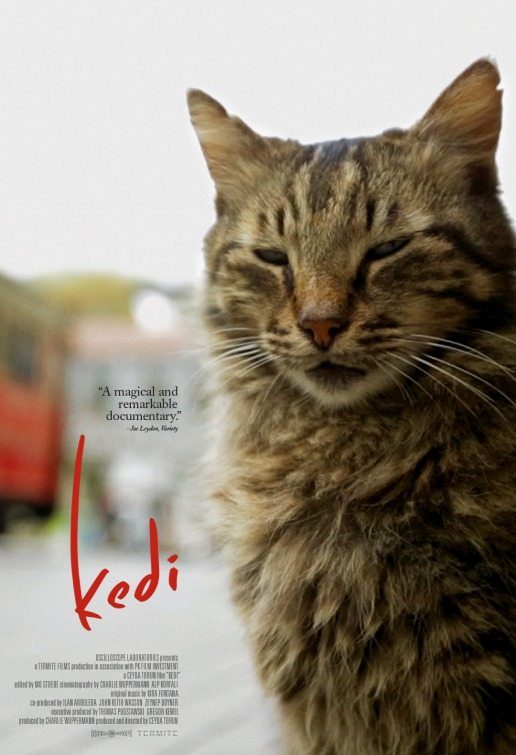
By Michaela Gordoni
Utah just added some safeguards for children featured on social media, following in the steps of California, Illinois and Minnesota.
On March 25, Gov. Spencer Cox signed a law that requires parents to give compensation to kids who are featured on social media. It also allows “a path” for children to request deletion of the content when they’re older, per Good Morning America.
The legislation comes in the wake of the Ruby Franke scandal, a mom-influencer who was found guilty of child abuse.
Ruby Franke’s husband, Kevin Franke, supported the bill, as did the Frankes’ eldest child, Shari Franke.
“Vlogging my family, putting my children into public social media, was wrong, and I regret it every day,” Kevin said in a Congressional testimony in February.
“Children cannot give informed consent to be filmed on social media, period,” Kevin said in a recent statement, per Salt Lake Tribune. “If we, as adults, cannot understand the emotional and psychological impacts of sharing our lives to millions of strangers online, how can we expect our children to understand them?”
Shari previously addressed legislators about the hazards of parents featuring content with their kids to receive money. “There is no such thing as a moral or ethical family vlogger,” she said. The 22-year-old also wrote a book about her experience as a child vlogger called The House of My Mother: A Daughter’s Quest for Freedom.
Related: Influencer Mom on How to Protect Children from Inappropriate Content on YouTube
Under the new law, creators who make over $150,000 a year from content that features their kids must take contribute 15% of the earnings to a trust fund that the kids can access when they turn 18. This also applies to parents whose children star in TV and film projects, according to AP.
Last September, California Gov. Newsom signed a similar law. Illinois’ law, which was implemented last July, says kids under the age of 16 must be compensated if they appear in at least 30% of a video that their parent or caregiver is being paid for. The guardian must set aside gross earnings in a trust account for the child when they turn 18.
Minnesota’s influencer law goes into effect July 1, 2025. It requires kids under the age of 14 to receive 100% of the content earnings. When they’re 13, they can request a deletion of the content. The content can be deleted when a request is “made by a minor age 13 or older whose likeness appears in the content, or by an adult who was under the age of 18 when their likeness was used in the content.”
In a new video culture that hurts children in ways the world hasn’t seen before, it’s good to see that states are stepping up to protect kids. Hopefully, other states will consider the dangerous effects of online child exposure when they make new policies.
Read Next: These Bills Will Protect Child Influencers — Here’s How



 - Content:
- Content: 

